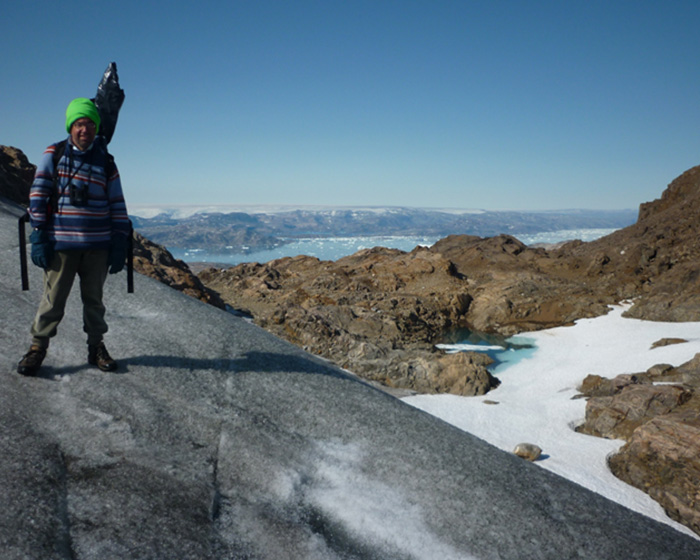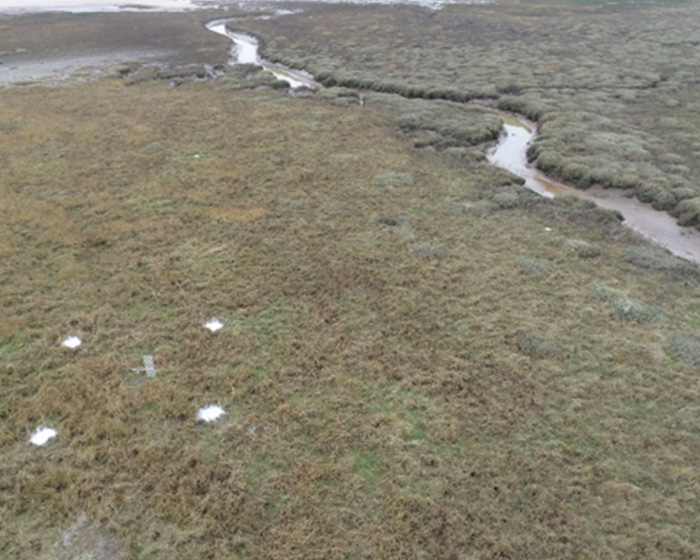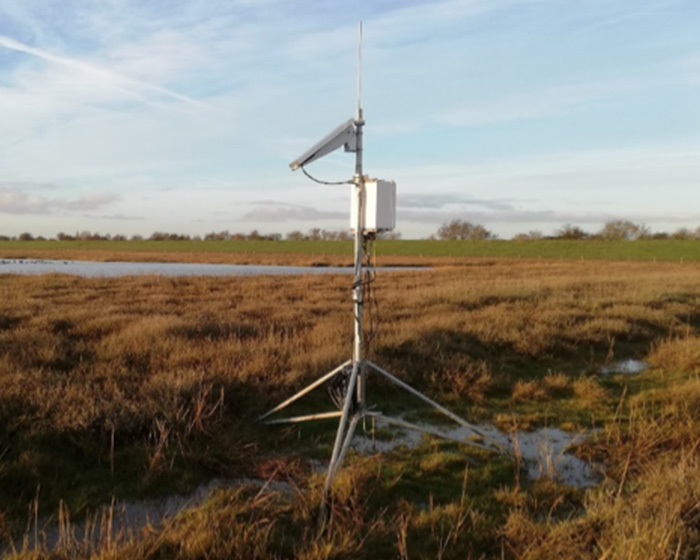Arctic Mid-latitude Climate and Weather Linkages

Arctic Mid-latitude Climate and Weather Linkages
The Arctic is warming faster than anywhere else on earth, a phenomenon known as Arctic Amplification. This is thought to have an impact on mid-latitude weather via changes in the jet stream and polar vortex. Supported by World Climate Research Programme Climate and Cryosphere project and International Arctic Science Committee funding, Prof. Edward Hanna is actively engaged with international researchers, in order to establish the nature of these links and any impact on extreme weather events and to understand their societal implications. From 2015 to 2021 our Arctic-midlatitude linkages group has published a series of high-profile review papers on this topic. Further work conducted by Prof. Hanna has shown that the North Atlantic jet stream has become significantly more variable from year to year in winter (graph below) and this is linked to more severe weather experienced in the UK in the last 10-15 years. Also Prof. Hanna carries out fundamental research into ‘blocking’ high air pressure changes over Greenland and their links with global and Arctic warming, the North Atlantic jet stream and Northwest European extreme weather. He has developed Greenland Blocking Index datasets that are archived by the National Oceanographic and Atmospheric Administration (the US weather and climate service) and widely used internationally. Prof. Hanna is also a regular co-author of NOAA’s annual Arctic Report Card, which reviews the latest climate changes and impacts in the Arctic.

Find out more about LCGR other research

The Greenland Ice Sheet and Global Warming
Find out more about our research that aims to help inform estimates of climate-cryosphere sensitivity and global sea-level rise.

Impacts on Coastal Wetlands
Find out more how we use field observations and modelling to estimate the impact of climate change, and more specifically global sea level rise and changes in global storm climates, on coastal wetlands.

Ecosystem-based Coastal Adaptation
Find out more about our use of field data and numerical modelling to study the restoration of previously lost coastal wetlands in order to help develop sustainable coastal management plans.
Contact Us
School of Geography, College of Health and Science
University of Lincoln, Think Tank, Ruston Way, Lincoln, LN6 7DW
Tel: +44(0)1522 835820